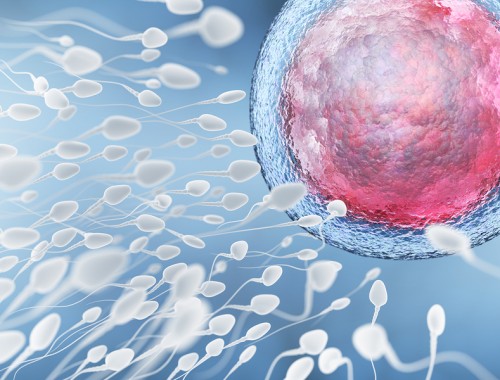Constipation can be a challenge for babies but the first thing you need to remember is that there is no ‘normal’ schedule for bowel movements of babies. Your baby may pass a stool after every feeding, or wait a day or more. Their pattern depends on what they eat, how active they are and how quickly they process food.
How To Tell If Your Baby Is Constipated
There are a few clues to alert you to a constipated baby. Has their pattern slowed down? Are they uncomfortable during a movement? Are their stools hard and dry? You should note that even if your child has liquid stools, they could still be constipated – in liquid stools can slip past blockage in the lower intestine.
Why Your Baby Might Be Constipated
Your baby may be suffering from constipation for several reasons.
Babies who are exclusively breastfed are rarely constipated. This is because breast milk has the perfect balance of fat and protein, so it produces stools that are almost always soft, even if your baby hasn’t had one for several days. If your baby is on formula, it is possible that something in her formula is making her constipated – and remember that formula fed babies have firmer stools than breastfed ones. You could try switching brands if you suspect that this is the reason. Make sure that you are measuring the powder correctly; the incorrect ratio of formula to water will also constipate the baby.
There seems to be no correlation between the amount of iron fortified formula and constipation. Iron is necessary for proper development of babies and should not be avoided.
Other Reasons Your Baby Might Be Constipated
Don’t be surprised if your baby becomes mildly constipated with the introduction of solid foods. That’s often because cereals, usually the first food given during this transition period, is low in fibre.
If your baby isn’t getting enough fluid, she’ll become dehydrated and her system will react by absorbing more fluid from whatever she ingests from wherever it can, including her bowels. The result is hard and dry bowel movements.
Though it’s uncommon, constipation can be caused by an underlying medical condition such as a metabolic disorder or some food allergies. Consult your doctor if you suspect this is the case.
How To Treat Constipation And When You Should Be Concerned
As long was your baby is feeding well and gaining weight, you should not be concerned by the frequency of their bowel movements, which will change with their diets as they progress from milk and formula to solids, to cow’s milk and table foods.
You can treat constipation by correctly measuring formula to water ratio, increasing fluid intake and giving pureed prunes or vegetables once your baby starts eating solids. Higher fibre foods can help constipation. They increase the water content of the stool and make bowel movements more regular, bulkier and easier to pass.
Give your baby a warm bath or a tummy massage in a clockwise motion to relax them and help the stool to pass.
If you have any doubt about your baby’s health, call your doctor immediately for their professional opinion and advice.
References
Murkoff, H., A. Eisenberg and S. Hathaway. What to Expect the First Year.




[…] Traveling on a plane is challenging, because you need to calculate their feedings in conjunction with plane lift-off and arrival. Like adults with a peppermint, babies need to suck to reduce the pain in their ears as they get accustomed to air pressure. Pack lots of sterilized bottles pre-filled with sterilized water so when it comes time you can just add formula and cross your fingers. Make sure you keep your babies well dehydrated, travel is thirsty work and could contribute to constipation. […]
[…] Are they constipated? […]